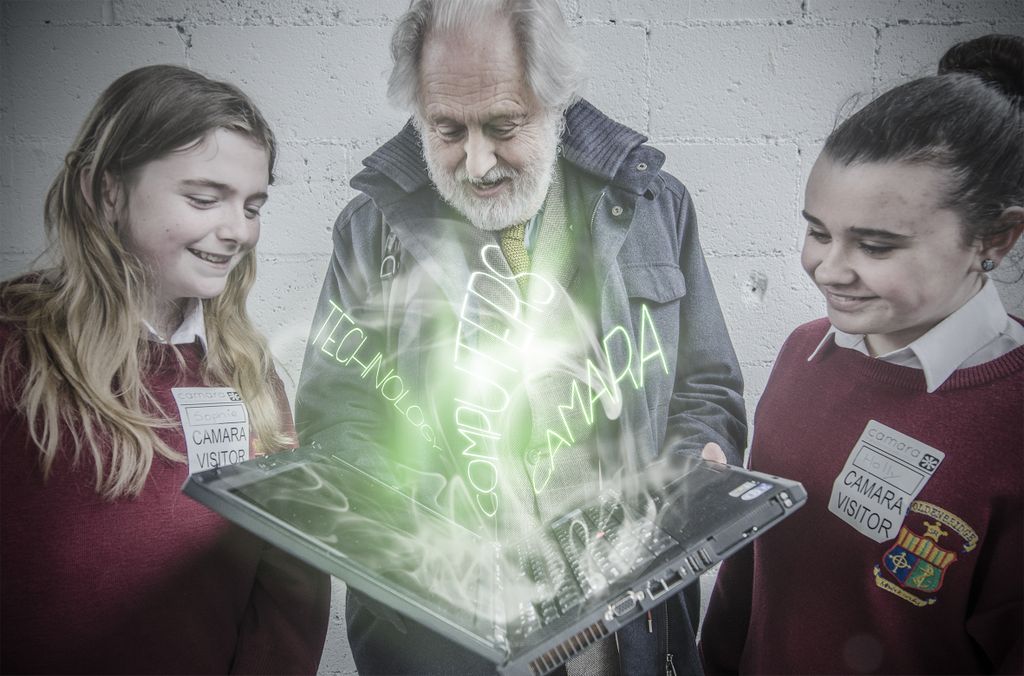Lord Puttnam’s interest in education has been both enduring and extensive. The need to broaden the opportunities afforded by education has been a constant goal, as is the necessity for every child to have a quality of educational experience that allows them an equal chance to succeed.
A key driver behind these objectives is Lord Puttnam’s own memory of school – his experience in the classrooms of the 1950s was almost wholly negative, having been taught to see himself as incompetent and unlikely to go anywhere in life.
The realisation that his experience must have been mirrored by those of thousands, possibly millions, of other students has encouraged Lord Puttnam to work ceaselessly for improvements in education and teaching practice.

In the early days of his career he became involved with the National Film and Television School, where he acted as a Governor (1974-1987) and Chair (1987-1996). In 1998, he became Chancellor of Sunderland University, a role that opened up a whole new area of interest, including the extension of third level education to disadvantaged areas.
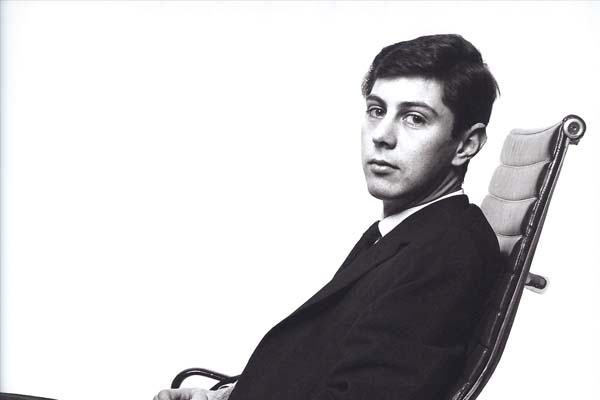
His ongoing interest in the destruction of distance in education found a natural home at the Open University, where he acted as Chancellor from 2006 – 2014.
Following his appointment to the Education Standards Task Force in 1997, Lord Puttnam developed a keen interest in teacher recruitment, teacher morale and teaching practice, which led quite naturally to the establishment of the National Teaching Awards in 1999.
This commitment to the teaching profession was recognized by his appointment as inaugural Chair of the General Teaching Council, and has more recently been apparent in his tenure as Chair of the TSL Education Advisory Board.
In particular, his involvement in establishing the TES online community in 2008 has allowed teachers to converse, support and learn from each other across Britain and the world in a fully accessible digital forum.
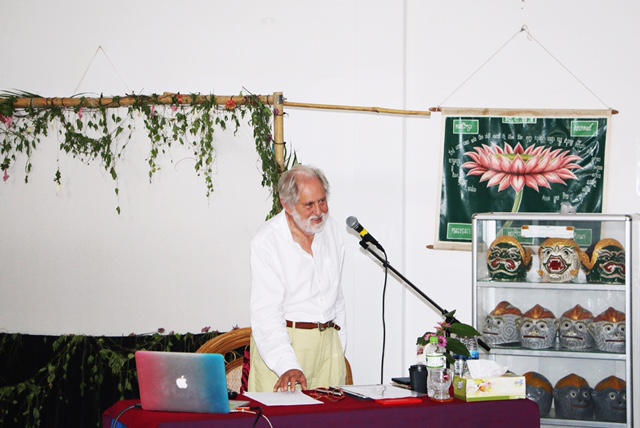
He also currently chairs the Cultural Learning Alliance, an umbrella group of 10,000 cultural organisations and leaders committed to utilising the arts for the empowerment of underprivileged children.
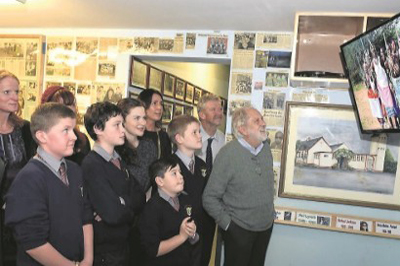
His commitment to distance-learning and innovative teaching practice still resonates today. As Chair of Atticus Education, Lord Puttnam delivers interactive seminars to universities around the globe from his home in west Cork.
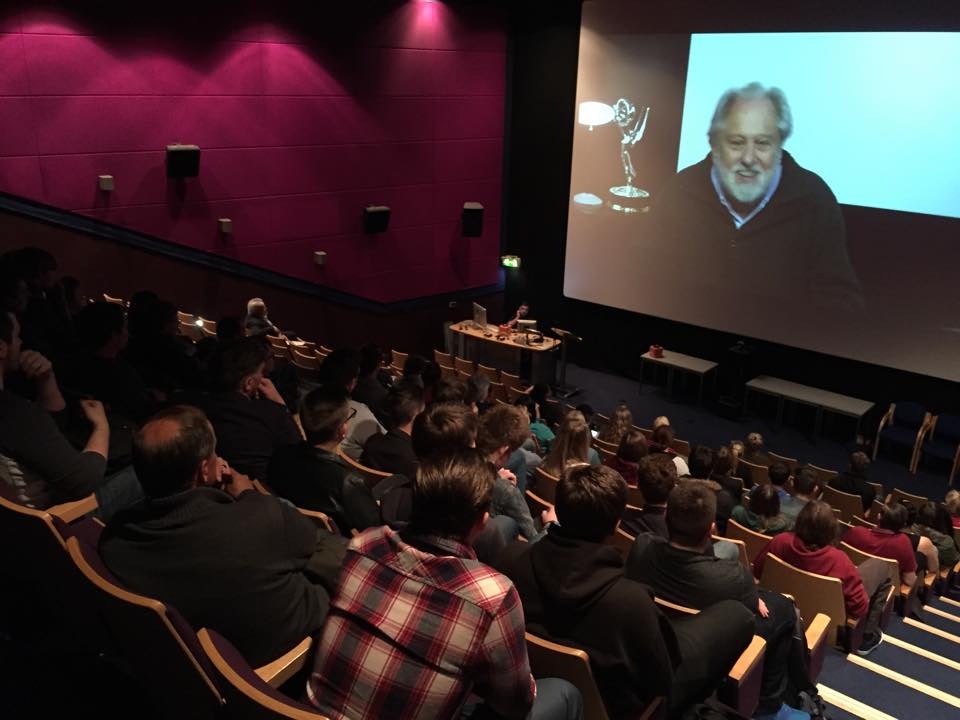
He believes we have no choice but to embrace the immense power of the most recent digital technologies in teaching and learning at every level. Such technology – mobile telephony and the internet in particular – has fundamentally reshaped the way in which people of every age connect with, make sense of, and engage with the world. As Lord Puttnam argues “we need the world of education and learning to embrace these technologies in ways that make the present rate of progress look exactly what it is – woefully inadequate.”
